Antibody Discovery Services
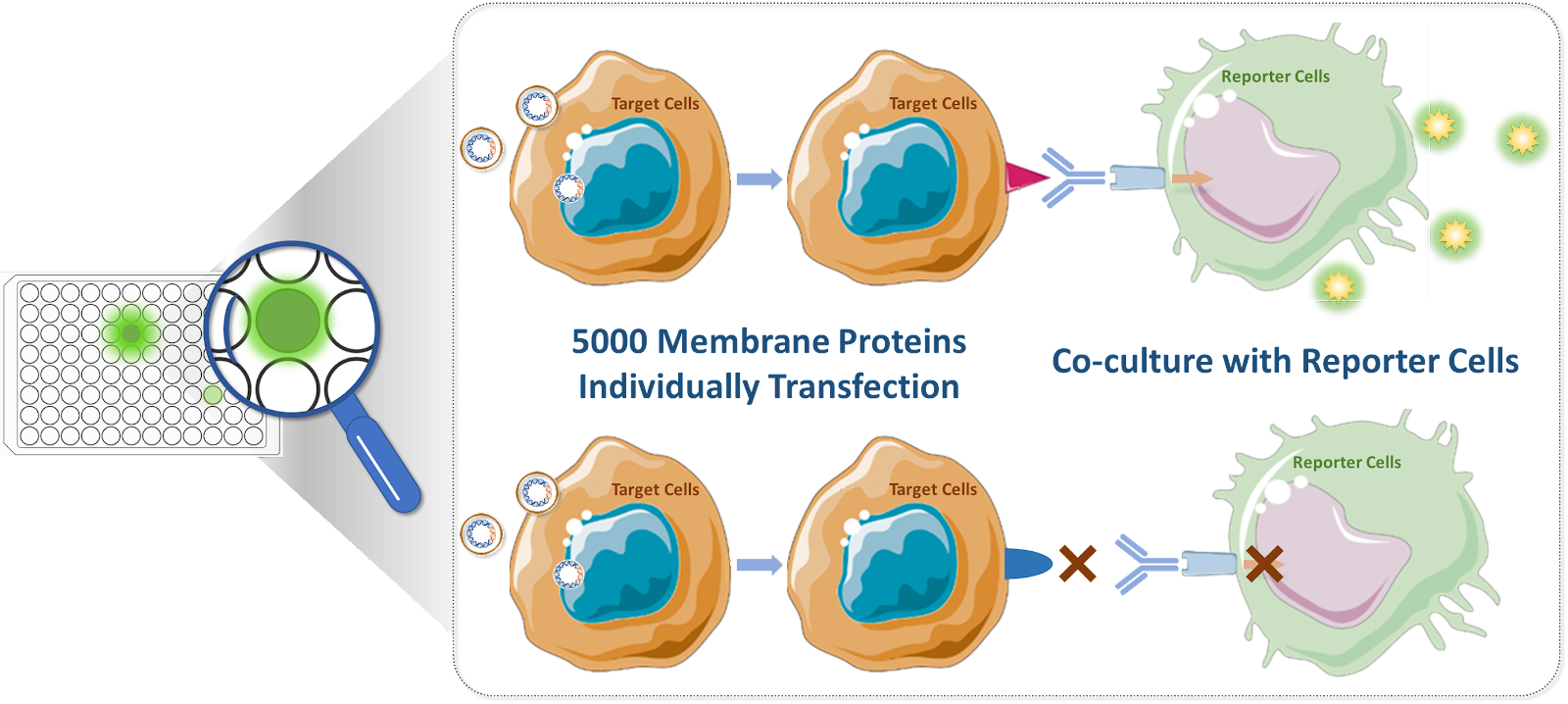
The specificity of antibodies, CAR-T cells, and other biologic therapeutics to their binding targets is an important step in the evaluation process of drug development. The lack of suitable methods to identify the targets of functional antibodies and ligands result in drug safety accidents and the abandonment of previous studies.
KYinno’s Membrane Proteins Screening Array (MPSA-AB5000) is an excellent solution for antibody specificity screening which enable early off-target screening and can de-risk the antibody drug development program.
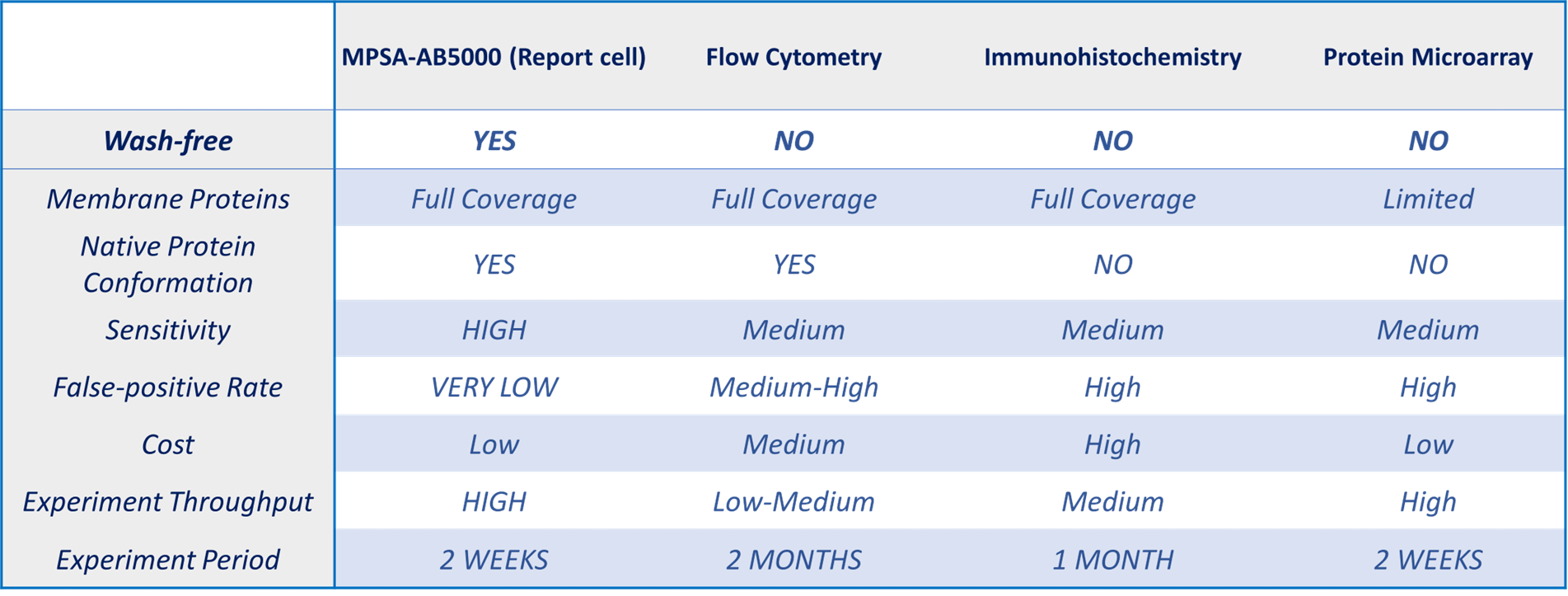
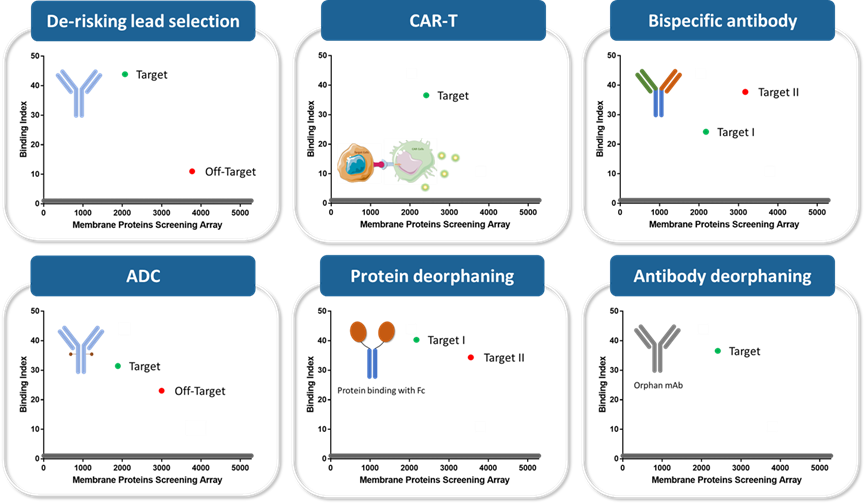


MPSA-AB5000 is rapid, simple and highly sensitive by measuring binding via reporter cell line and can determine specificity and preclinical safety of biotherapeutics conveniently.
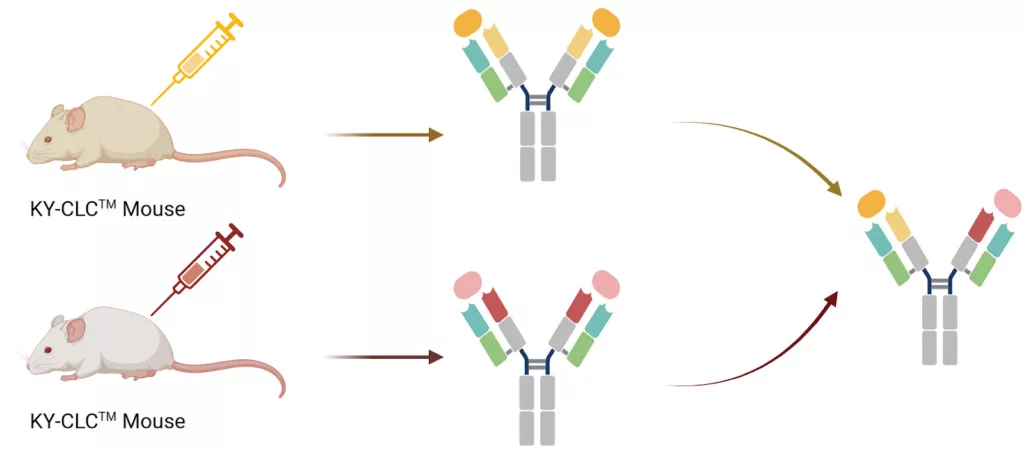
Utilizing advanced biotechnology, our engineered bispecific antibodies bind two distinct targets. This innovation has the potential to revolutionize therapeutic strategies, heightening specificity, expanding treatment options, and paving the way for future medical advancements.
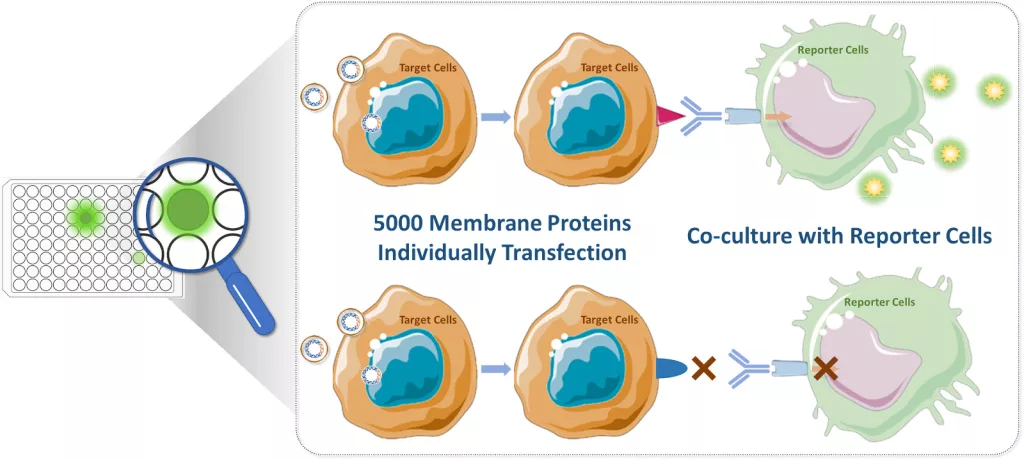
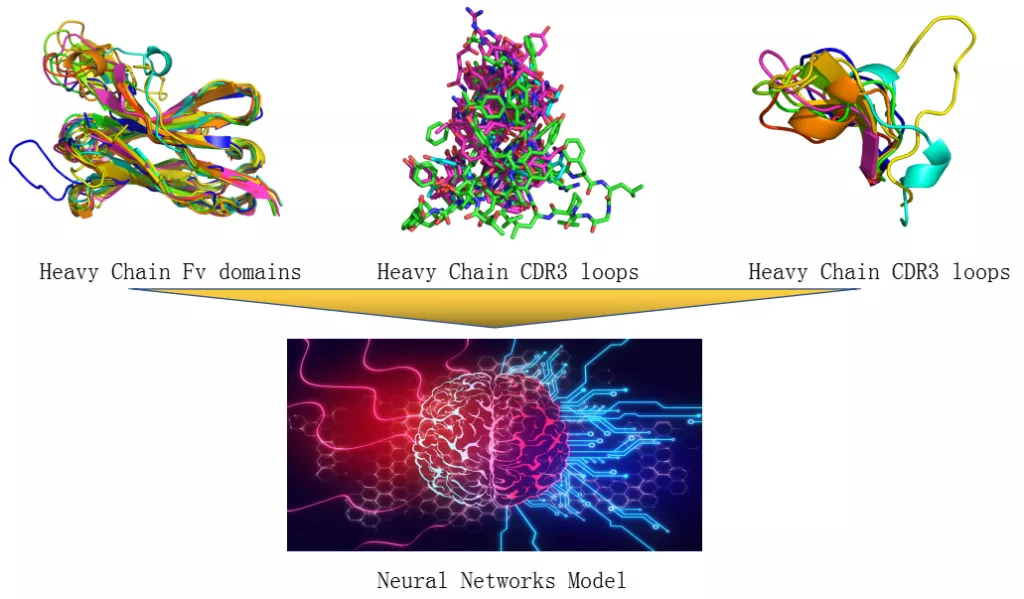
F2 Building, Yizhuang Biomedical Park, No. 88, Kechuang Six Street, Beijing. P.R. China. 101111.
© 2023 Kyinno Biotechnology | Site Credits | Privacy Policy | Accessibility Policy | Sitemap